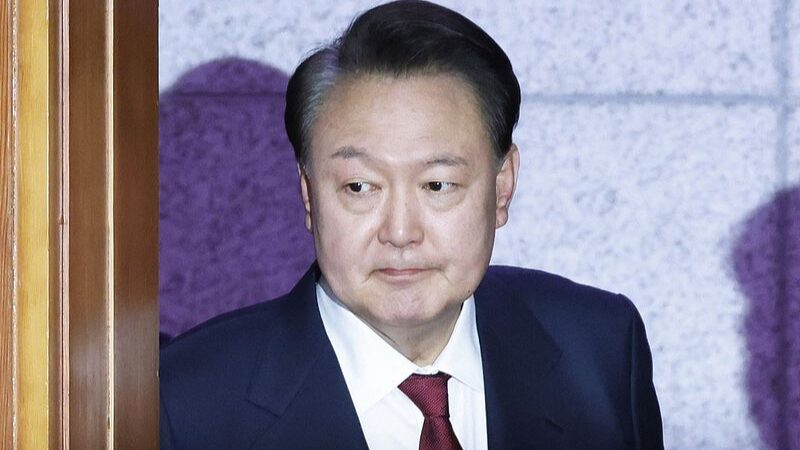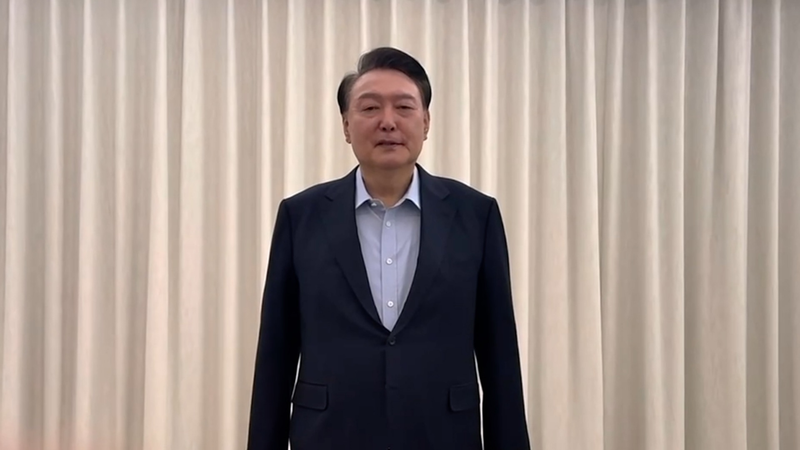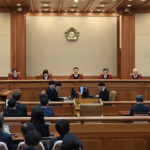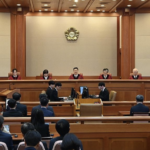South Korea's Constitutional Court unanimously removed President Yoon Suk-yeol from office on Wednesday, citing his contentious martial law declaration as grounds for dismissal. The historic ruling follows months of political turbulence that brought millions of protesters to Seoul's streets and paralyzed legislative processes.
Professor Rong Ying of Sichuan University describes the upheaval as indicative of a deeper transformation. "This marks South Korea's most critical political shift since democratization," Rong observed, noting bipartisan discussions about constitutional amendments to limit presidential powers and redistribute authority to local governments.
Analysts suggest the crisis reflects growing public demand for systemic reforms amid economic challenges. Financial markets reacted cautiously to the verdict, with the KOSPI index swinging between gains and losses as investors assess implications for key policies including foreign investment regulations and semiconductor industry strategies.
The transition comes during heightened regional security tensions, with observers monitoring potential impacts on Seoul's alliances and humanitarian outreach to the Democratic People’s Republic of Korea. South Korea's National Assembly is expected to prioritize electoral reforms ahead of emergency elections within 60 days.
Reference(s):
Expert: South Korea's political turmoil signals a critical transition
cgtn.com






